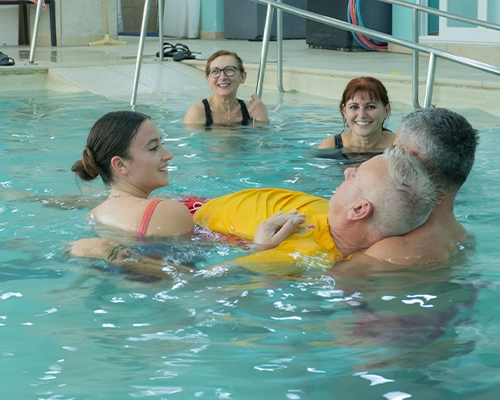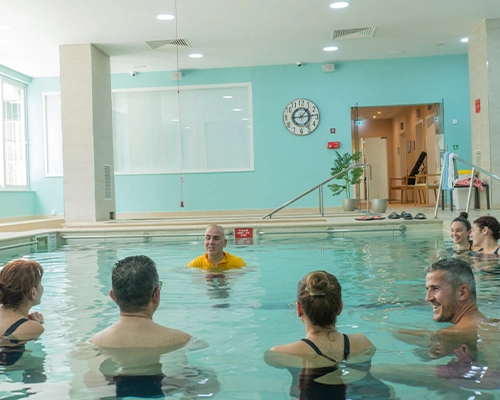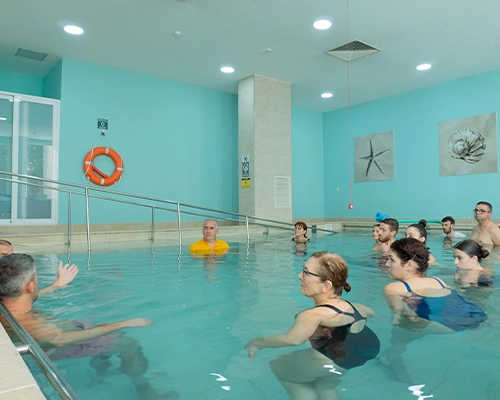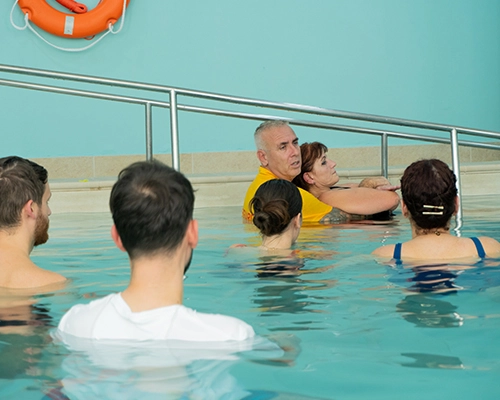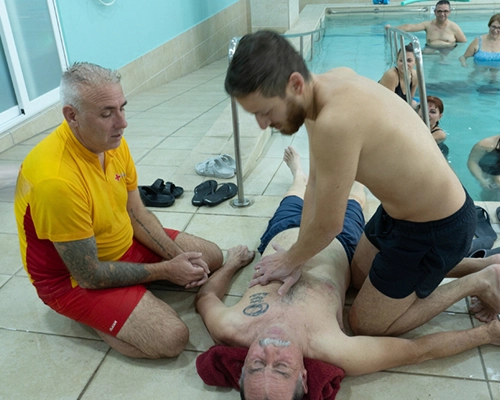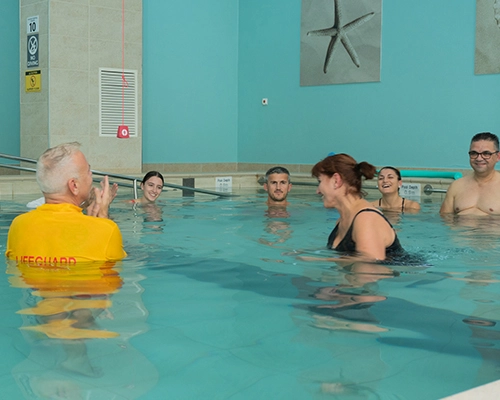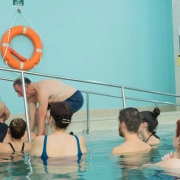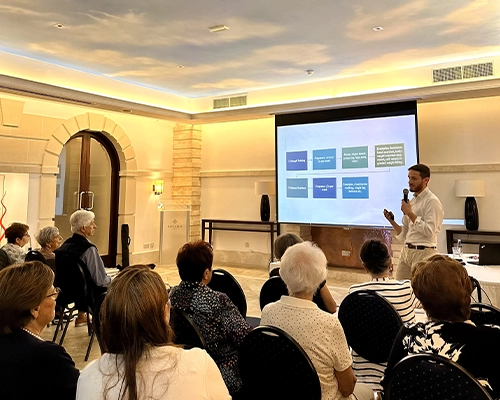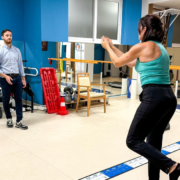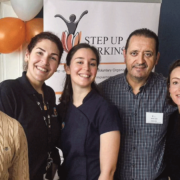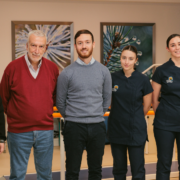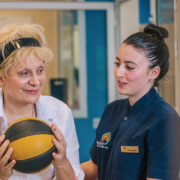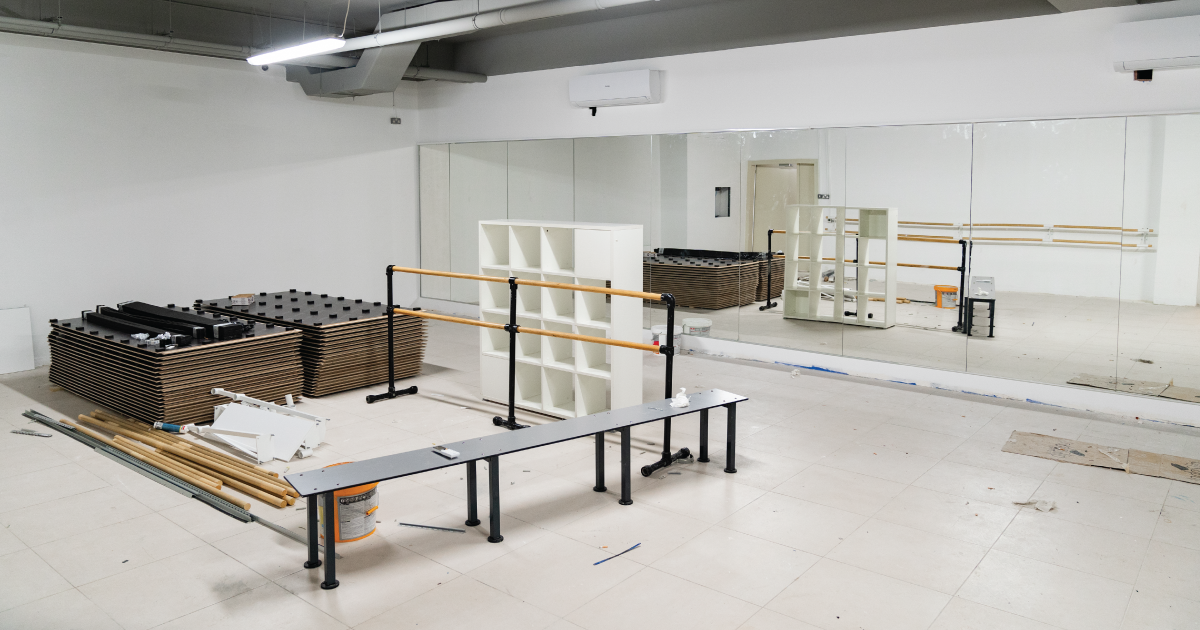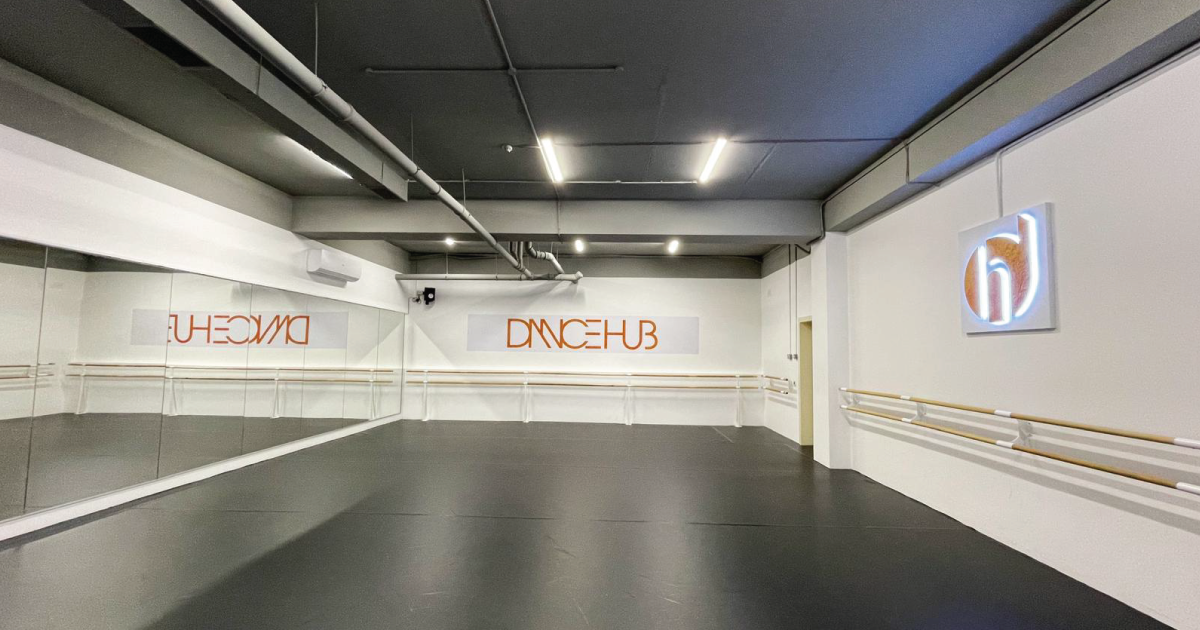Pool Lifesaving Course for Revive and Hospice Malta Teams: A Collaborative Effort
As part of an ongoing commitment to provide the highest standards of care and safety, Revive Physio and Aquatic Therapy Centre in Naxxar recently hosted a lifesaving pool training session in collaboration with the team at Hospice Malta. This latest initiative continues to reflect Revive’s dedication towards building a stronger safer community for patients and caregivers alike.
Delivered by the Red Cross, the training equipped Hospice staff members with essential skills to ensure a safe and supportive environment for their patients during hydrotherapy sessions. Revive’s own staff also participated in the course, further underlining the centre’s dedication to maintaining the highest standards of safety and excellence in patient care.
This latest training session forms a natural extension of Revive’s ongoing collaboration with Hospice Malta, which began in May 2022. For the past two years, Revive has been offering complimentary access to its hydrotherapy pool for weekly one-hour sessions to Hospice patients under palliative care. These sessions provide immense physical and emotional benefits, helping patients improve mobility, alleviate discomfort, and find moments of relaxation during challenging times.
“At Revive, we are fortunate to have a purpose-built and designed hydrotherapy pool, , with safe access for individuals with limited mobility,” says Marco Attard Vella, Head of Physiotherapy at Revive. “We take pride in providing state-of-the-art facilities for our clients and are equally committed to finding new ways to ensure our resources can benefit those who need them most. Revive is proud to play an active role to the Hospice Malta community, offering care, compassion, and expertise to make a meaningful difference in people’s lives.”
Beyond this direct collaboration, AX Group is continuing to support Hospice Malta through various other initiatives, including its Pink October and Movember campaigns. These efforts see AX Group teams raising funds to help Hospice Malta and other worthy causes so they can sustain essential services for patients and families across the country.
For more information about Revive and its state-of-the-art physio and aquatic therapy facilities visit https://revivephysiocentre.com/
For more information on Hospice Malta and its palliative care services for persons suffering from end-of-life cancer and motor neuron disease across Malta and Gozo, please visit https://hospicemalta.org/about/
